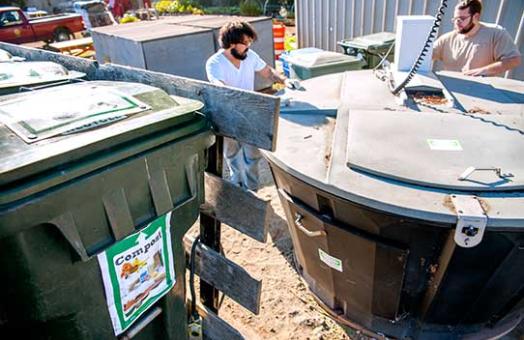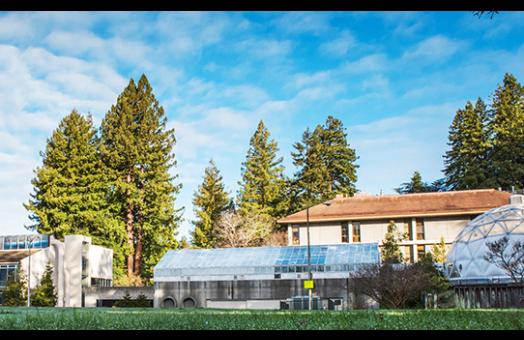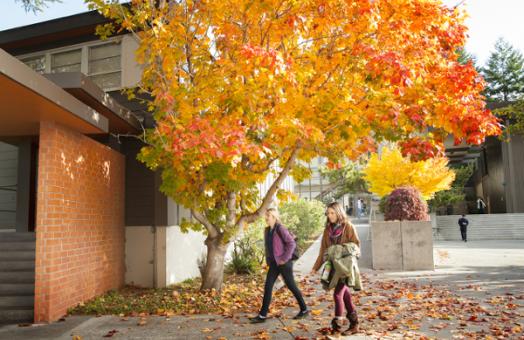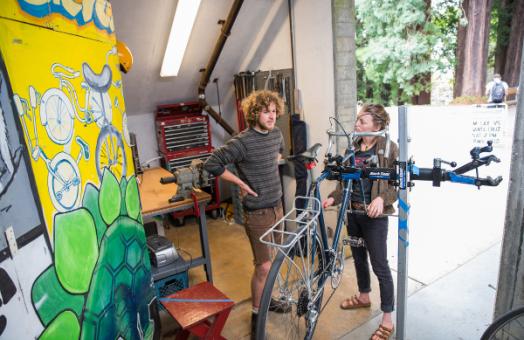Electric Vehicle Charging Available at HSU
Humboldt State University recently unveiled its first electric vehicle (EV) charging station, located next to the Schatz Energy Research Center’s “West Wing” addition.
As part of the Sustainable Futures Speaker Series, Emily Burns, Director of Science for Save the Redwoods League, will present “Restoring Redwood Forests in a Changing Climate” on Thursday, March 22, 5:30 – 7 p.m.




